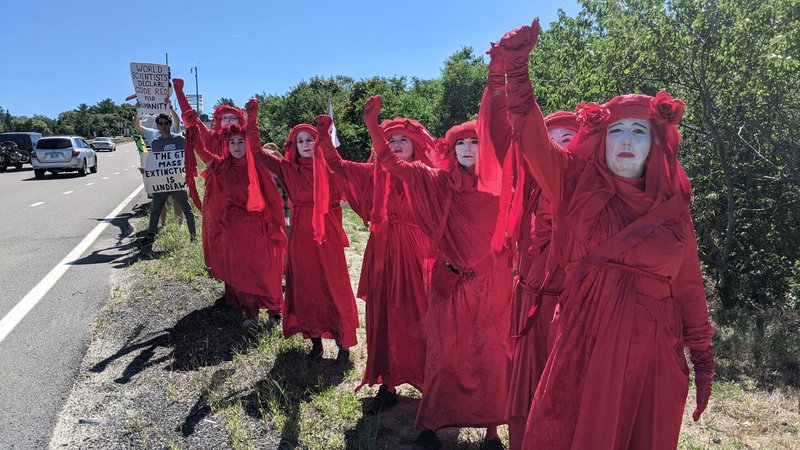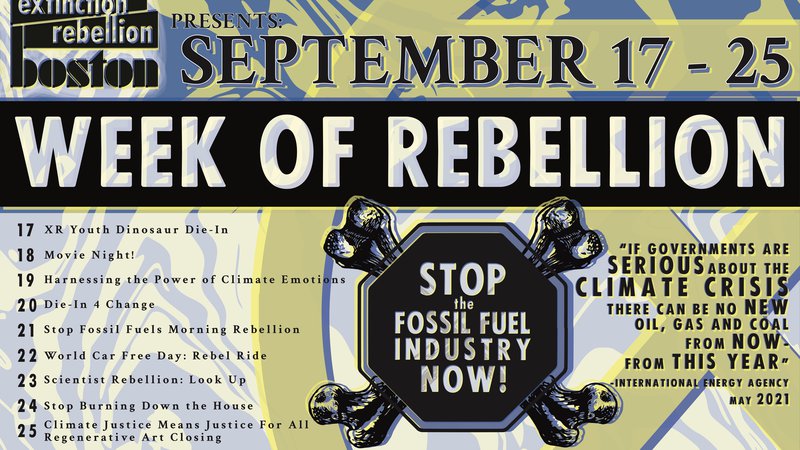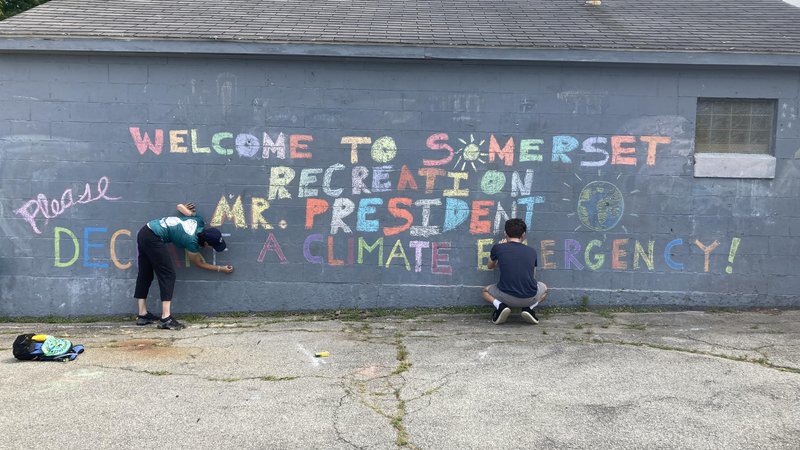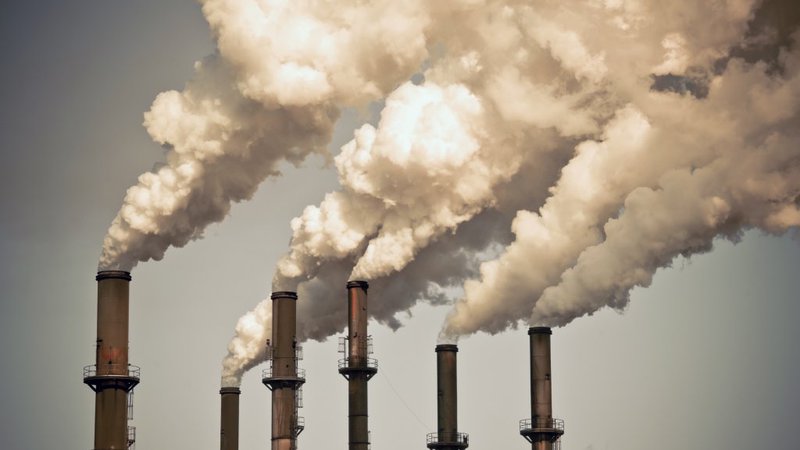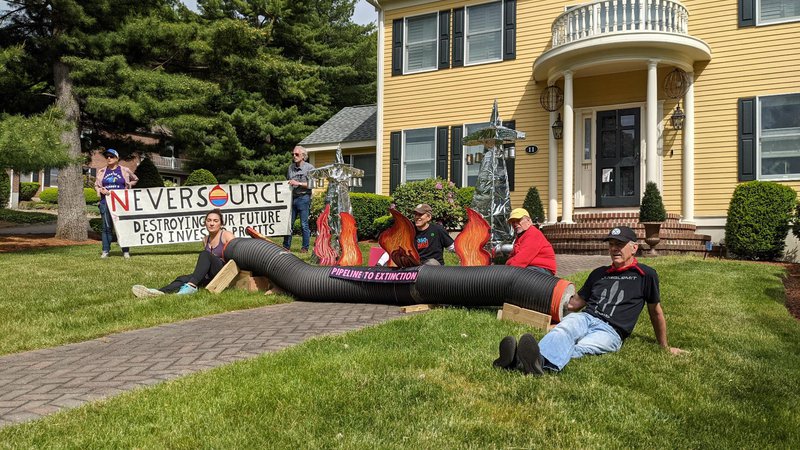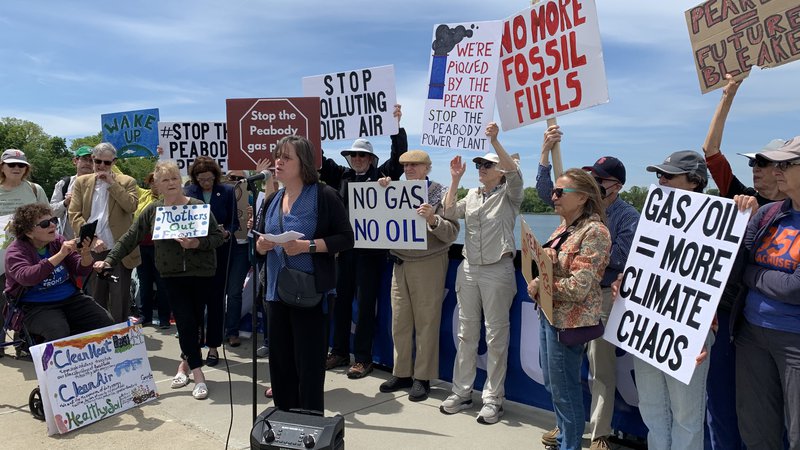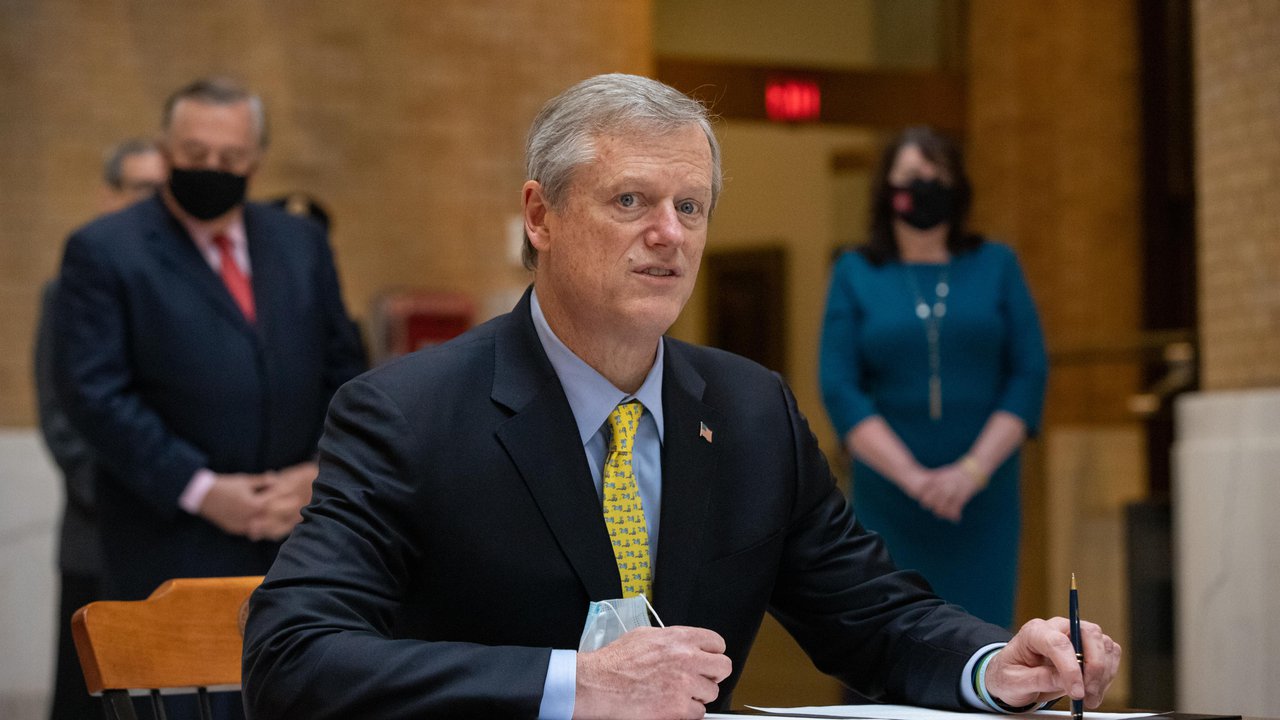
XR Boston’s Statement on Governor Bakers Veto of Climate Bill S.2995
Less than six hours before his midnight deadline, Governor Baker vetoed the most significant piece of climate legislation to come out of the Massachusetts legislature in over a decade. In a statement, he says that the bill, as written, could harm the state's economic recovery. There was intense lobbying from Baker's friends in the real estate and construction industries, which is a clear-cut case of a politician being in the pocket of big business.
Climate Bill S.2995 passed by a large majority in the House and Senate. Baker voted against the majority of legislatures and against the will of his constituents.
Climate Bill S.2995
The bill would have turned into law: A new (optional) net-zero stretch code for municipalities, more ambitious state greenhouse gas emissions limits, the state's first-ever definition of environmental justice, a series of natural gas safety measures, an upgraded appliance efficiency standard, 43% increase in offshore wind authorizations, and much more.
House Speaker Mariano and Senate President Spilka pledged to refile the climate bill. If it passes again, that would override any further vetoes from the Governor. It is unclear when this will happen.
Climate Bill was not Strong Enough
The policies in Bill S.2995 were not strong or urgent enough to lower emissions in enough time to avoid triggering Earth's tipping points, and what top climate scientists have coined an ‘uninhabitable hothouse Earth,’ mass suffering, and the continuation of the Sixth Mass Extinction.
Despite these shortcomings, the bill's passage would show Governor Baker ‘s intentions and commitment to being a strong climate leader and acknowledge the need for climate action. There were many good measures included in the bill and that served as a sound foundation to launch further policies to mitigate the climate and ecological crises and the social justice issues that are embedded in these.
Why did Baker Veto?
A summary from Mariam Wasser:
- The Bill “works against” new affordable housing laws by allowing municipalities to set stricter building emission standards.
- Lack of important provisions for climate adaptation and resilience.
- Insufficiently funds and provides tools to help environmental justice communities.
- Fails to consider how the state works with regional partners to get clean energy.
- Alleges that some provisions are “not supported by scientific evidence and detailed data analysis” and rely on “out-of-date policies to reduce emissions.”
- Too prescriptive when it comes to sector-based emission reductions (thinks lowering emissions should be holistic and not sector by sector).
- Threatens the Transportation Climate Initiative by changing foundation definitions for emissions-related language.
- Could harm post-pandemic recovery.
- Tries to reduce emissions too quickly and could cost the state a lot of money.
Senator Mike Barrett expressed to reporters how he is perplexed by Governor Baker's reasoning. "The bill is written in a way that gives the state flexibility in addressing concerns the energy stretch code may have on housing construction. The Baker administration was consulted on the bill over several months of discussions behind closed doors. State officials never raised concerns about the five-year emissions goals, targets for transportation or building sectors or other issues Baker alluded to."
Weymouth Compressor Station and Eastie Substation
On top of vetoing this climate bill, Baker has done nothing to protect the health safety of his constituents in East Boston, Weymouth and environmental justice communities such as Chelsea.
The electrical substation in Eastie is being built in a poorer black and brown community and is a prime example of environmental racism and injustice. The substation puts the community at risk of floods and deadly explosions. There are clean energy alternatives, such as those promoted by the Union of Concerned Scientists, which would be a safer option that would provide more benefits to the community, and more democratic control over the neighborhood's energy system.
The Weymouth Compressor Station is a proposed gas compressor station adjacent to the new Fore River Bridge in North Weymouth that will bring fracked gas from Pennsylvania through New England into Canada. This Compressor Station poses a serious threat to the health, safety, environment, and economy of the South Shore, and continues to escalate the global threat of the climate crisis.
Enbridge, one of the largest oil and gas companies in North America, will make a profit off of exporting fracked gas and polluting our neighborhoods in Weymouth, Quincy, and Braintree. Governor Charlie Baker (or Governor Gas as we like to call him) and his administration approved several permits with no public vote and limited public input. Charlie Baker is complicit in this process.
Act Now
Time and time again Governor Baker and his administration have claimed that their hands are tied when it comes to finding solutions to the climate crisis. Whether it is approving faulty air quality permits for the dangerous fracked gas Weymouth Compressor Station, not following proper environmental justice protocol in East Boston, or allowing National Grid to break contracts and allow fracked gas to leak into the air, the Baker administration is polluting our air, water, and communities.
It is possible to rapidly shift directly to electricity generated by 100% renewable energy: solar, wind, hydro, and geothermal.
Politicians like Baker are beholden to the fossil fuel industry and to short term personal gains as opposed to safeguarding the not so distant future of climate and ecological breakdown, which top climate scientists project will make human survival more and more difficult, with the breakdown of society a very real possibility. Just last month the CEO of Eversource contributed $1000 to Baker's coffers.
Baker has protected those who pollute our air and water, instead of protecting our communities. We need Governor Baker to step up and support communities as we build solutions to the climate crisis, not make the crisis worse. We demand those most responsible for this destruction are held accountable, both legally and financially: polluters like Enbridge must pay. It’s time to hold them accountable, and Governor Baker must stop working with corporations who put profit over the health and safety of Massachusetts residents and the entire world population.
What can We Do?
-
Contact Baker and let him know that you are disappointed in his decision and his leadership. If the climate and ecological crises aren’t urgently dealt with, no other policies will matter because we won’t have a habitable planet. Governor Baker contact info: Email Form or Charlie.Baker@state.ma.us, Call: (617) 725-4005, Tag on Twitter: @MassGovernor, Tag on Facebook: @CharlieBakerMA
-
Contact your elected officials and tell them that you expect this bill to be passed during the next legislative session. Sample letter here.
-
Tweet and contact Speaker Ronald Mariano (@RonMariano) and President Karen Spilka (@KarenSpilka) to refile and push the #NextGenerationRoadmap through as quickly as possible. Senate President Karen Spilka, 617-722-1640, Karen.Spilka@masenate.gov, Senate Speaker Ronald Mariano, 617- 722-2300, Ronald.Mariano@mahouse.gov
We would like to remind Governor Baker and our readers that the climate and ecological crises remain an existential threat. Baker is no friend to the climate or justice movement. This is why we continue to advocate and agitate. Time is running out.
Related Stories:
Featured:
-
The third annual Week of Rebellion is full of opportunities for celebration and action!
-
Our government had the opportunity to finally turn our state into a "climate leader," and they decided yet again to prioritize profits and political posturing over the well-being of residents.
-
Prominent climate scientists and activists demand immediate climate action in the United States.
-
Stop the Fossil Fuel Industry, Now: List of events for Extinction Rebellion Boston's September week of rebellion
-
A compilation of books, movies, articles, and ways to take action to protect Black lives
-
Nadia Colburn, PhD and member of Extinction Rebellion Media team, discusses how to talk about the climate and ecological crisis with family and friends.
Upcoming Events:
-
Fri Feb 20th @ 6 p.m.
-
Sat Feb 21st @ 2 p.m.
-
Sun Feb 22nd @ 10:15 a.m.
